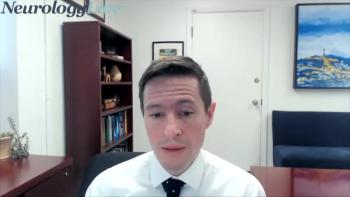
The program committee vice-chair of ACTRIMS provided perspective on the upcoming forum, including the notable sessions, themes, and presentations the clinical community should be aware of. [WATCH TIME: 7 minutes]

The program committee vice-chair of ACTRIMS provided perspective on the upcoming forum, including the notable sessions, themes, and presentations the clinical community should be aware of. [WATCH TIME: 7 minutes]

The director of Cleveland Clinic’s Cerebrovascular Center provided clinical perspective on the treatment decisions mobile stroke units face, and whether directly transferring patients to angiography suite is necessary.

Researchers designed a new screening tool to assist nonmovement disorders specialists with identifying involuntary movements in patients aged at least 4 years of age with an inborn error of metabolism.
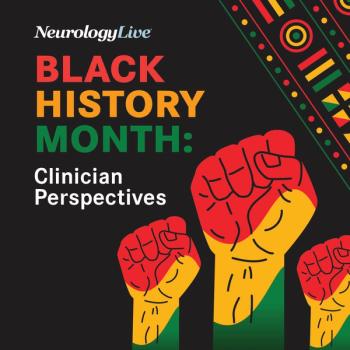
To honor Black History Month, NeurologyLive® spoke with influential Black clinicians on the leaders they look up to, the ongoing fight to overcome racial disparities, and ways to encourage diversity in health care.

The senior vice president and chief scientific officer of the Parkinson’s Foundation provided perspective on recently published findings showing a nearly doubling of Parkinson disease incidence that previously reported. [WATCH TIME: 4 minutes]
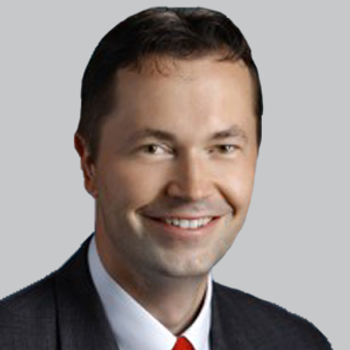
Patients who switched from a previous disease-modifying therapy to teriflunomide saw a decrease in annualized relapse rate and stability with Expanded Disability Status Scale scores regardless of subgroups.

To honor Black History Month, NeurologyLive® spoke with influential Black clinicians on the leaders they look up to, the ongoing fight to overcome racial disparities, and ways to encourage diversity in health care.
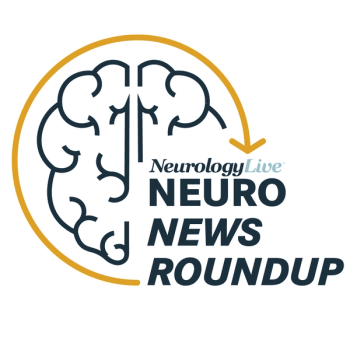
In honor of American Heart Month, held February 2023, get caught up on some of the latest news in stroke as the NeurologyLive® team shares some of our data updates.
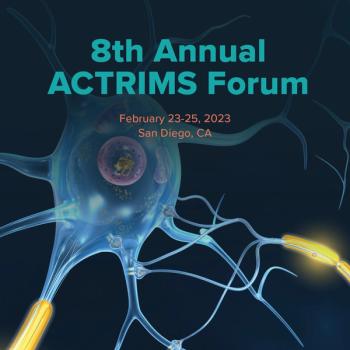
Daniel Ontaneda, MD, program committee vice-chair of ACTRIMS, provided insight on the notable sessions and themes clinicians should pay attention to at this year’s forum, which takes place February 23-25, in San Diego, California.
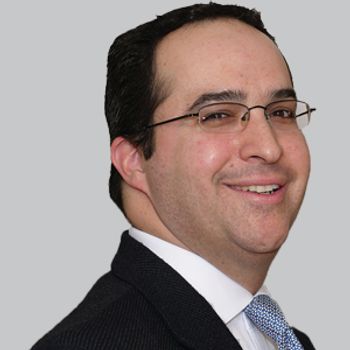
Brian Grosberg, MD, and Stephanie Bakaysa, MD, of Hartford HealthCare Medical Group, offered their clinical perspectives on the recently published survey study on management for migraines during pregnancy.
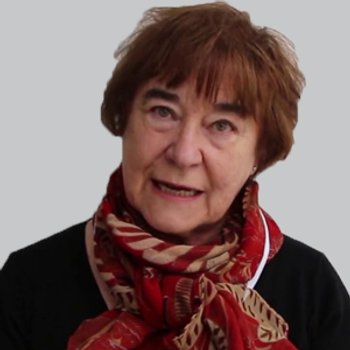
At 1 and 3 years follow-up, sodium oxybate-treated patients showed significant increases in periodic leg movements index and significantly higher apnea-hypopnea index.
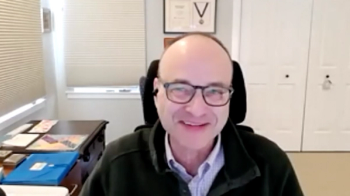
The lead of the Myasthenia Gravis Foundation of America Global Myasthenia Gravis Patient Registry spoke on 2 additional attributes of the patient registry. [WATCH TIME: 3 minutes]

Test your neurology knowledge with NeurologyLive®'s weekly quiz series, featuring questions on a variety of clinical and historical neurology topics. This week's topic is stroke and cerebrovascular disease.

Analysis on the EARLYSTIM trial assessing deep brain stimulation of the subthalamic nucleus in early Parkinson disease showed maintained speech intelligibility and nonspeech oral movements.

As a recap from ISC 2023, get caught up on some of the latest news in stroke as the NeurologyLive® team shares some of our data updates and expert insights.
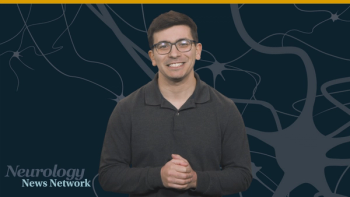
Neurology News Network for the week ending February 18, 2023. [WATCH TIME: 4 minutes]

Teva’s VMAT2 inhibitor was previously approved in a twice-daily formulation. The once-daily extended-release treatment, marketed as Austedo XR, is expected to be available later in 2023 in doses of 6 mg, 12 mg, and 24 mg.

Frequent medication change, adverse events, and low medication adherence appears more frequently in patients with narcolepsy who use complementary and alternative medicine.

Take 5 minutes to catch up on NeurologyLive®'s highlights from the week ending February 17, 2023.
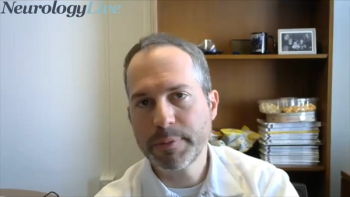
The vascular and interventional neurologist at Cleveland Clinic provided insight on a study presented at the 2023 International Stroke Conference that observed the clinical effectiveness of mechanical thrombectomy beyond 24 hours. [WATCH TIME: 6 minutes]

Physicians were nearly 3 times more likely to prescribe treatments for symptoms of suspected dementia with a positive DISCERN result.

The assistant professor of neurology at the Yale School of Medicine spoke about the strength in the patient-clinician relationship in ensuring quality care for myasthenia gravis. [WATCH TIME: 4 minutes]

To honor Black History Month, NeurologyLive® spoke with influential Black clinicians on the leaders they look up to, the ongoing fight to overcome racial disparities, and ways to encourage diversity in health care.

In honor of Duchenne Muscular Dystrophy Awareness Week, held February 13, 2023, to February 19, 2023, get caught up on some of the latest news in Duchenne muscular dystrophy as the NeurologyLive® team shares some of our data updates.

Findings indicated that the robust wake-promoting efficacy of solriamfetol demonstrated in clinical trials resulted in improved real-world functional performance in participants with narcolepsy.
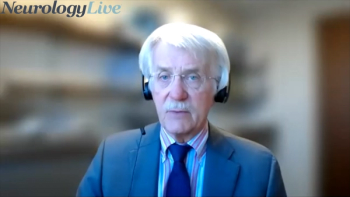
The director of the Alzheimer’s Disease Research Center at Mayo Clinic detailed the current issues with access and affordability to critical biomarkers in the screening and monitoring of patients in Alzheimer disease trials. [WATCH TIME: 3 minutes]

AUPN Leading Edge Episode 5 features Clifton L. Gooch, MD, and Carlayne E. Jackson, MD, FAAN, who discuss the “lessons learned” on the path toward leadership. [LISTEN TIME: 1 hour, 3 minutes]
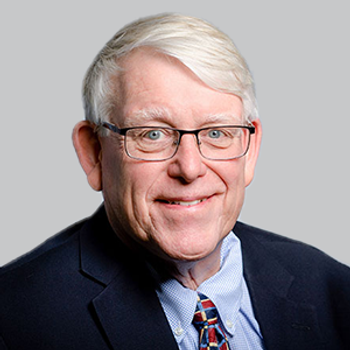
Although the magnitude of the association for smoking, atrial fibrillation and left ventricular hypertrophy did not decrease, their importance for stroke risk likely increases with age.

The maternal fetal medicine specialist at Hartford HealthCare Medical Group talked about the challenges of prescribing migraine treatment during pregnancy. [WATCH TIME: 4 minutes]